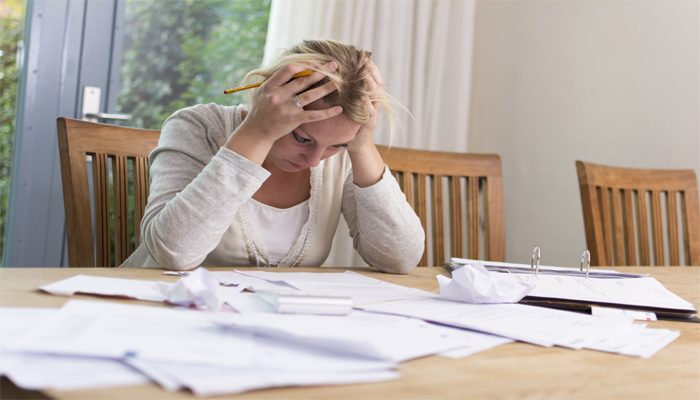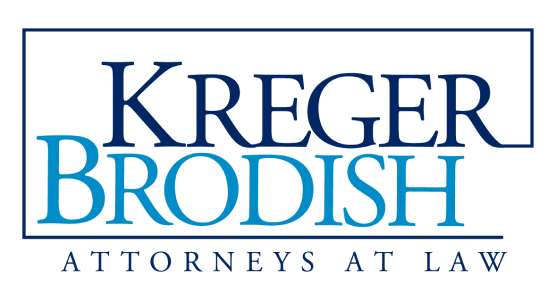
If you have any questions for our Durham Bankruptcy Attorneys or Greensboro Bankruptcy Attorneys, feel free to contact us via the Free Consultation Contact Form to the right, by email at info@kregerbrodish.com or by phone at 888-820-5885.
In a Chapter 7 bankruptcy, the goal is to have the Bankruptcy Court wipe out or discharge your debts, giving you a fresh financial start. A Chapter 7 Bankruptcy is known as a liquidation bankruptcy because, in exchange for the discharge of your unsecured debts, the Bankruptcy Trustee will liquidate or sell your nonexempt property in an attempt to pay off your creditors. I will discuss unsecured debts and exempt property in this post, however, in most Chapter 7 Bankruptcy cases, you are able to discharge your debts without having to give up ownership of any of your property.
The three most important concepts in a Chapter 7 Bankruptcy is the means test, unsecured debts, and exempt property. To be allowed to file a Chapter 7 Bankruptcy, a bankruptcy debtor must pass what is known as the means test. First, the means test takes your household’s average gross income for the 6 months before you file bankruptcy. That average gross income is then compared to your applicable geographic median gross income for the same household size as yours. If your household’s average gross income is less than the applicable monthly gross income for your geographic location, then you pass the means test and can file Chapter 7 Bankruptcy. Most Chapter 7 debtors pass this first step of the means test, however, if your average household income exceeds the applicable monthly gross income for your geographic location, then you will need to continue the next step of the means test. The next steps of the means test are quite complicated and will be explained in detail in a later post.
Assuming that you pass the means test and qualify to file a Chapter 7 Bankruptcy, the next concept to understand is that of unsecured debts. An unsecured debt is a debt where the debtor (person filing bankruptcy) did not promise any collateral or property in exchange for debt. Common unsecured debts are credit card debts and medical bills. In contrast, secured debts are debts where the debtor does promise to the creditor some form of collateral or property in exchange for the debt. Common secured debts are mortgages (where the debtor gives the lender the right to foreclose on the house if the debtor does not pay the mortgage) and the financing of cars (where the creditor can repossess the car if the debtor fails to pay the car loan).
Chapter 7 Bankruptcy is meant to be used by debtors who have mainly unsecured debts. If the Chapter 7 debtor complies with procedural requirements of filing for Chapter 7 Bankruptcy protection, the debtor’s unsecured debts will likely be discharged, giving the debtor a fresh financial start.
The next important concept to understand in a Chapter 7 Bankruptcy is exempt property. In exchange for the discharge of the debtor’s unsecured debts, the Bankruptcy Trustee will collect the unexempt property of the debtor and sell it in an attempt to pay off the debtor’s creditors. However, as stated above, most Chapter 7 debtors receive a discharge and fresh financial start without losing any of their property. This is because most Chapter 7 debtor’s property is exempt from collection. North Carolina law provides for certain dollar amounts of specific types of property to be exempt from collection by the Chapter 7 Trustee. For example, if you own a car, you are allowed to exempt $3,500 in equity of that car from collection. Thus, if you own your car and it is worth less than $3,500, then you would get to keep your car even though you filed for bankruptcy. There are many categories of property subject to North Carolina exemption laws, and we will cover them in detail in a later post.
If you are contemplating filing Bankruptcy in North Carolina, feel free to contact one of the Durham Bankruptcy Attorneys or Greensboro Bankruptcy Attorneys at the Kreger Brodish Law Firm for a free consultation.






